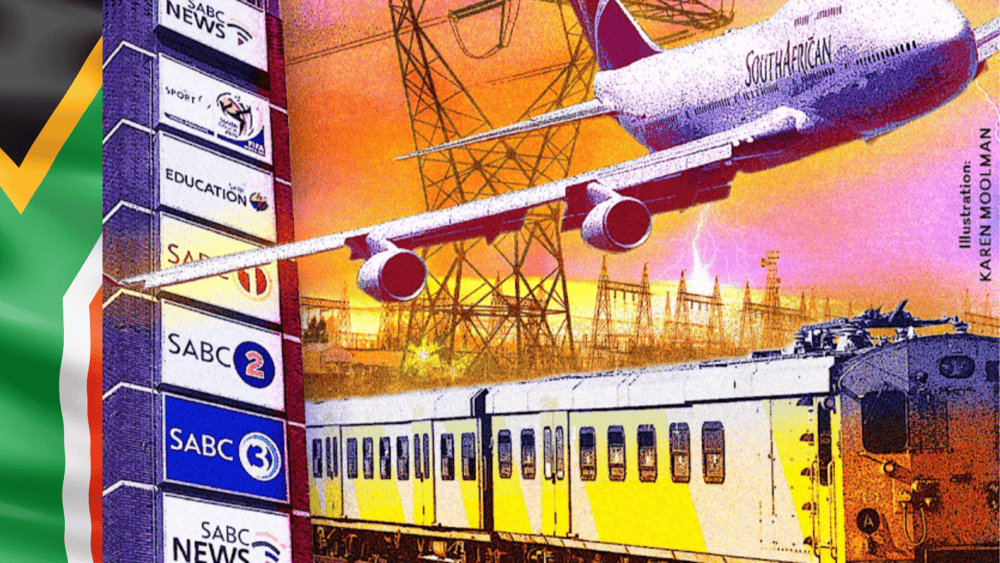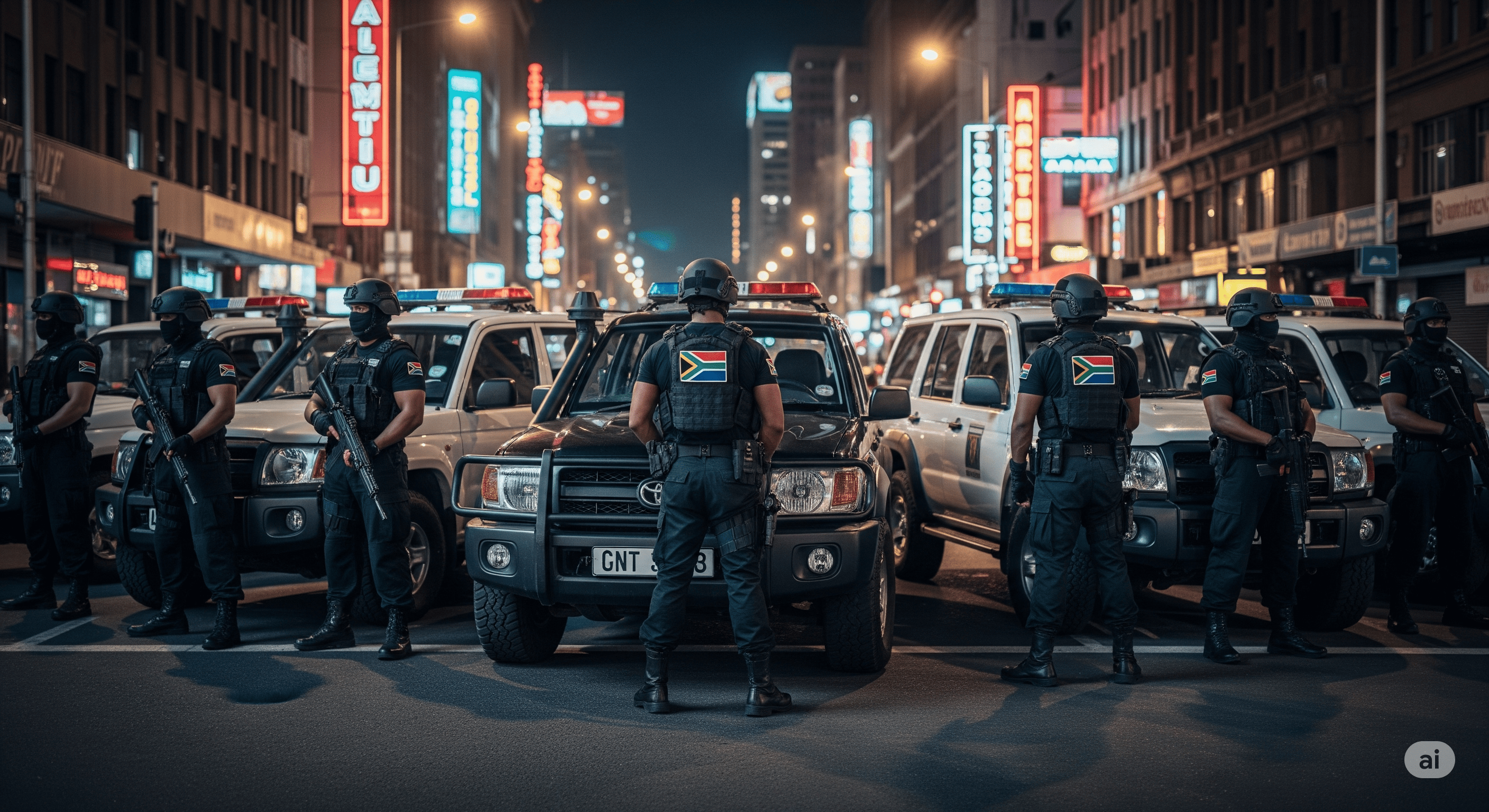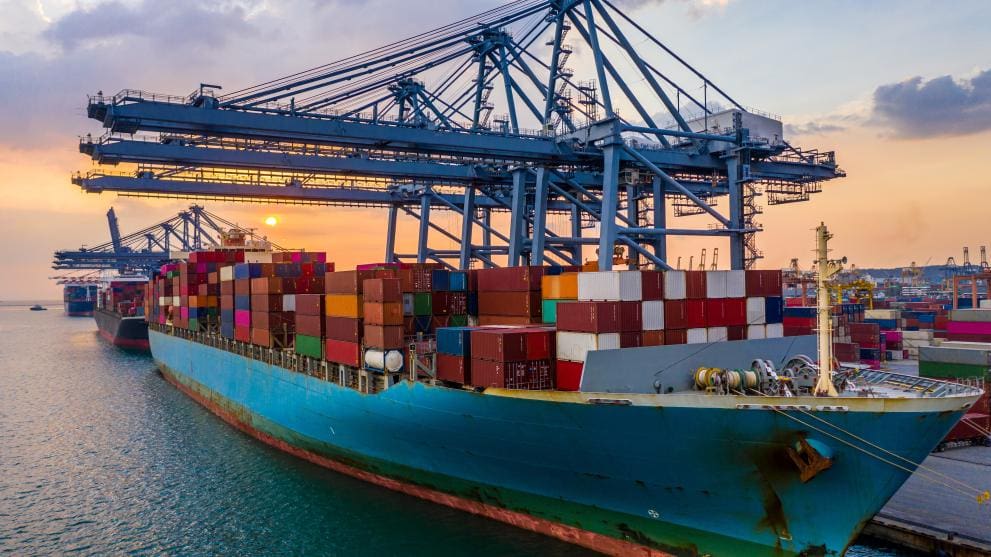Democratic Republic of Congo Snapshot
The December 30 2018 election in the Democratic Republic of Congo (DRC), which was widely acknowledged to have been rigged, declared Felix Tshisekedi as the winner over Martin Fayulu, who got the most votes.
It is understood that Tshisekedi’s election was the result of a deal made with former president Joseph Kabila, whose rule since 2001 was characterised by conflict, corruption, authoritarian rule and human rights abuses.
The DRC remains the African country with possibly the greatest untapped potential – with great mineral wealth but an underdeveloped economy and an impoverished nation.
The African Development Bank said real GDP growth was an estimated 4.0% in 2018, up from 3.7% in 2017, due to higher commodity prices and increased mining production. It expected growth of 4.5% in 2019 and 4.6% in 2020.
Mining was expected to be the key driver of growth, while the outlook could be positively affected by firm commodity prices, positive election results (including acceptance of the results), progress in the security situation in the conflict-ridden central and eastern parts of the country, control of the Ebola epidemic, “and a start to diversification in the fabric of production”.
The mining sector accounts for 99% of the value of exports, 34% of total government revenue, and two GDP points. But diversifying the economy requires some improvement in the infrastructure deficit and a more facilitative business environment. The DRC ranks 184 out of 190 countries on the World Bank’s Doing Business 2019 report.
The DRC’s National Strategic Development Plan aims for it to become a middle-income country by 2022, mainly through transformation of the agricultural sector.
Economic transformation includes the massive Inga hydro-electric power plant, where South Africa has committed to buying 2,500 MW and possibly a further 2,500 MW in Inga 3, which many believe to be uneconomical, as well as paying for a 1,600km transmission line from the DRC to South Africa.
Despite calls for action following the election result, SADC, South Africa, the EU and US have not voiced concerns over the election outcome.
The EU had extended sanctions on a number of officials just prior to the election while the US had imposed sanctions in June last year. Tshisekedi is reported to have called for sanctions to be lifted.
The Institute for Security Studies said many may argue that potential voices of objection chose stability over war. “But the Congolese people chose change over the status quo, and the regional, continental and international response deprived them of that change.”
Contact us to access WOW's quality research on African industries and business
Contact UsRelated Articles
BlogCountries Administrative and support activitiesSouth Africa
State-owned enterprises in South Africa – a sword of Damocles for the fiscus
Contents [hide] As articulated in the Who Owns Whom report on South Africa’s SOEs , the major SOEs’ total asset value (financial and non-financial) rose by 2.1 % to R1.65...
BlogCountries Public administration and defence compulsory social securitySouth Africa
South Africa’s security industry: A puzzle worth unravelling
No one can build his security upon the nobleness of another person” – Willa Cather Contents [hide] Security is an integral part of society, yet it is often taken for...
BlogCountries Electricity gas steam and air conditioning supplySouth Africa
South Africa’s Maritime Sector: Growth, Green Tech & Global Competition
Contents [hide] There is no doubt that the maritime transport sector is an important keg in the South African economic wheel. According to the Who Owns Whom report on maritime...





